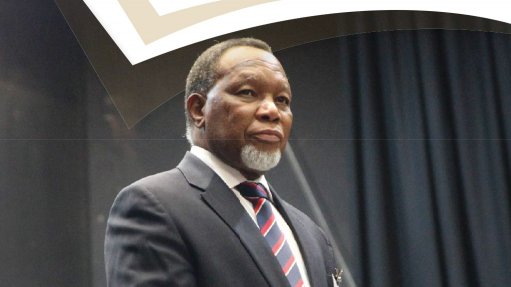
South Africa’s statute books tell the story of the country’s history of conquest, domination and racial segregation. The Masters and Servants Act No 15 of 1856, which subjugated black workers, the Mines and Works Act No 12 of 1911, which kept black people out of skilled occupations in the most significant sector of the economy at the time, the Natives Land Act No 27 of 1913, which etched racial segregation onto the land, and the absurd Prohibition of Mixed Marriages Act No 55 of 1949 all illustrate the ferocious efforts of colonial and apartheid law to keep South Africa separate and unequal.
With the fall of apartheid, the country began its journey towards a constitutional, democratic order. The Constitution, the supreme law of the land, was adopted in 1996. It provides a vision for a new society that is a clear break with the past, one based on ‘democratic values, social justice and fundamental human rights’. In its Preamble, we also find the commitment to improve ‘the quality of life of all citizens and free the potential of each person’. In Section 1, the Constitution enshrines respect for human dignity, the achievement of equality and the advancement of human rights and freedoms. The Constitution recognises that equality will not be achieved merely by a declaration of formal equality before the law. Rather, there will necessarily be a process, of uncertain duration, during which human rights and freedoms will be advanced, guided by the fundamental value of human dignity. The Bill of Rights spells out a range of fundamental rights, including second-generation socioeconomic rights that promote equal life chances.
Since 1994, a substantial body of new laws has emerged from all levels of government to fulfil the mandate presented by the Constitution. This great effort has created new institutions, repealed some old exclusionary arrangements and changed the lived experience of many South Africans.
More still needs to be done to change the course of society towards inclusive development.
The High Level Panel on the Assessment of Key Legislation and the Acceleration of Fundamental Change (HLP) has been called upon by the Speaker’s Forum to assess this legislative output. In its Legacy Report, the Fourth Democratic Parliament identified the assessment of the impact of legislation as a key priority to be undertaken by the Fifth Democratic Parliament. After an extensive process of multiparty consultation, both Houses of Parliament adopted the Parliamentary Strategic Plan (2014 – 2019) in February 2015. This Strategic Plan identified a review of the impact of legislation as being of paramount importance to improve the governance practices of Parliament.
High Level Panel report